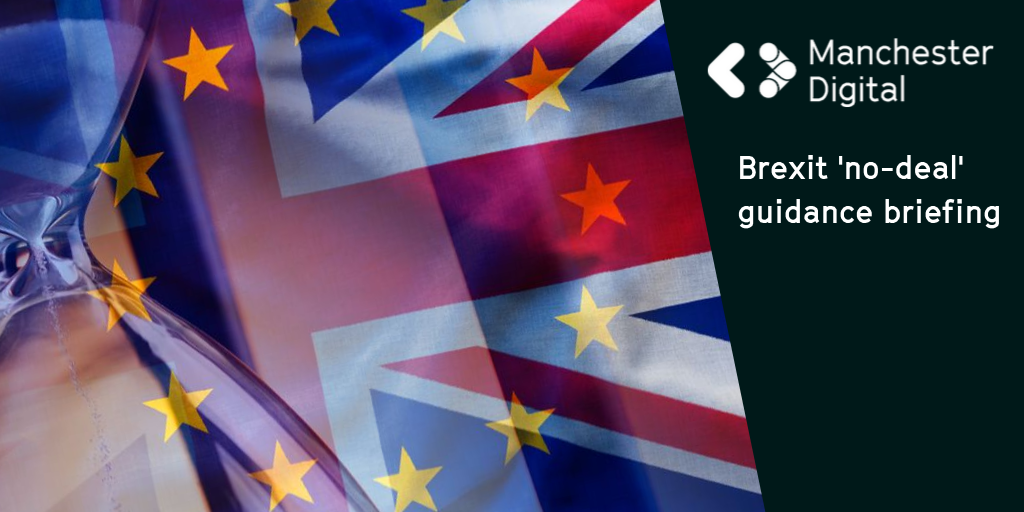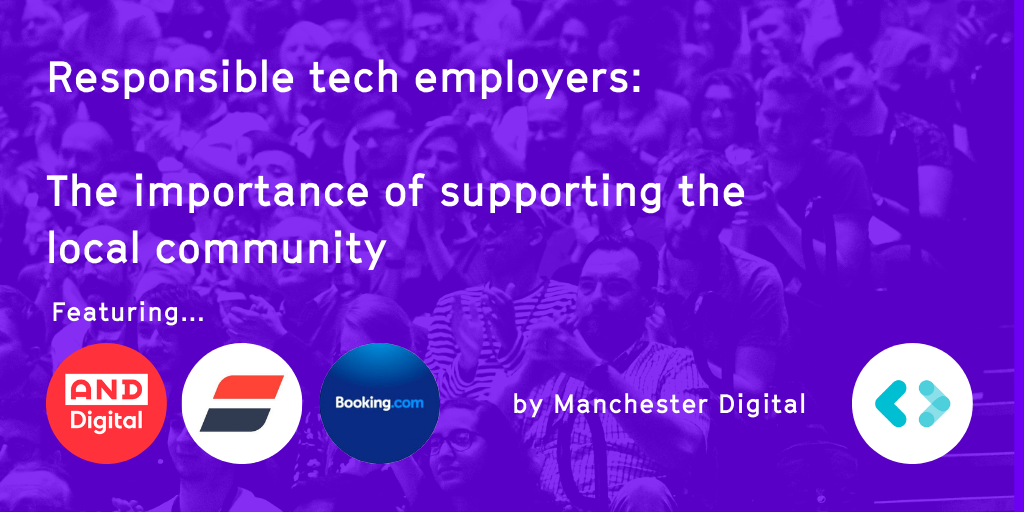
Earlier this year the UK left the European Union. Brexit has been a controversial topic over the past few years but we’re now 3 months down the line and naturally there have been some ‘teething issues’ that are expected to grow as additional control comes into effect in April. So, how has Brexit impacted the tech sector and how can technology be implemented to make the transition more seamless?
Brexit’s impact on the tech sector
Economic experts have predicted a tech boom with figures showing a 44% increase in investment in the UK in 2019. Although the predicted outcome for the tech sector is positive, that’s not to say the industry will be without disruption. One of the main challenges we face is the transfer of personal data between the EU and the UK. In line with EU data protection laws, UK businesses must comply with the same level of protection if their servers store or contain any data on EU citizens. Any organisations receiving data or using cloud-based services from Europe run the risk of potential disruption to data flows. In some cases, switching hosting providers might be the best option and our friends at Datacentreplus can help you find the correct service for your needs!
Another primary concern was the reduction of the talent pool in a sector already facing a skills shortage. Since leaving the EU, the UK’s immigration system rules out ‘free movement’ for European citizens meaning that businesses looking to hire outside the borders will face stringent employment requirements. However, the pandemic has emphasised a need for flexibility and the success of remote teams (with access to the right collaboration tools) so the potential for offshore employees remains plausible.
How can technology keep us connected throughout Brexit?
Innovative technology can help organisations to find and make the most of opportunities during Brexit. It is vital that your business is updated and compliant with the new legislation pertaining to data so an effective CRM that simplifies your client database is key. In light of the new legalities, it is likely that you will have to review and negotiate new deals; an efficient CRM simplifies this process making collaboration and relationship building, dynamic. As Microsoft Silver Partners, Beeta can support and guide you through a Microsoft CRM integration or we can build you a bespoke system to ensure your business stays one step ahead of competitors!
With the friction surrounding the establishment of a new border, automation will be a crucial aspect to minimise the demand for human interaction. Whilst it was inevitable that errors would occur given the lack of guidance on the trade deal, the end goal is to cause as little disruption as possible; so a more efficient and ‘robotic’ workforce could be the future. Automation and Artificial Intelligence (AI) could also solve the ‘tech-xit’ issue, relating to the restricted talent pool and the skills gap within the industry. Will Brexit be the impetus for technical progression?








